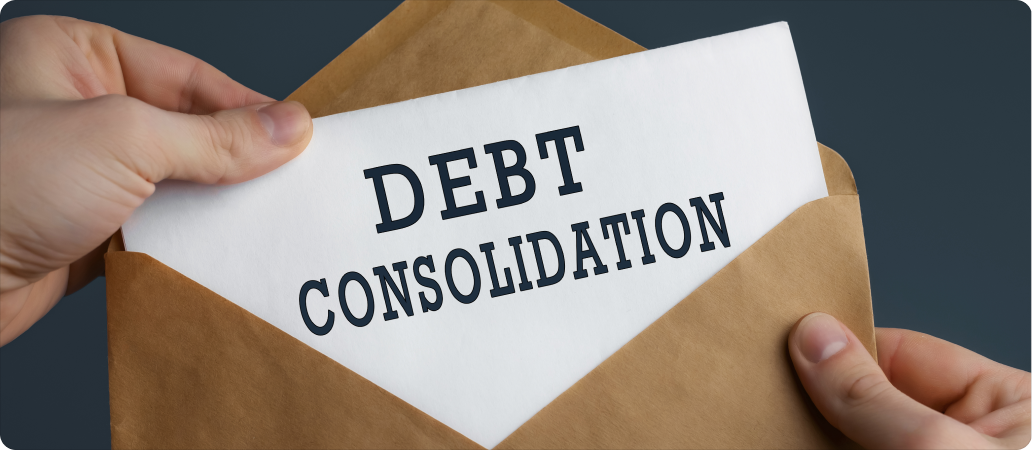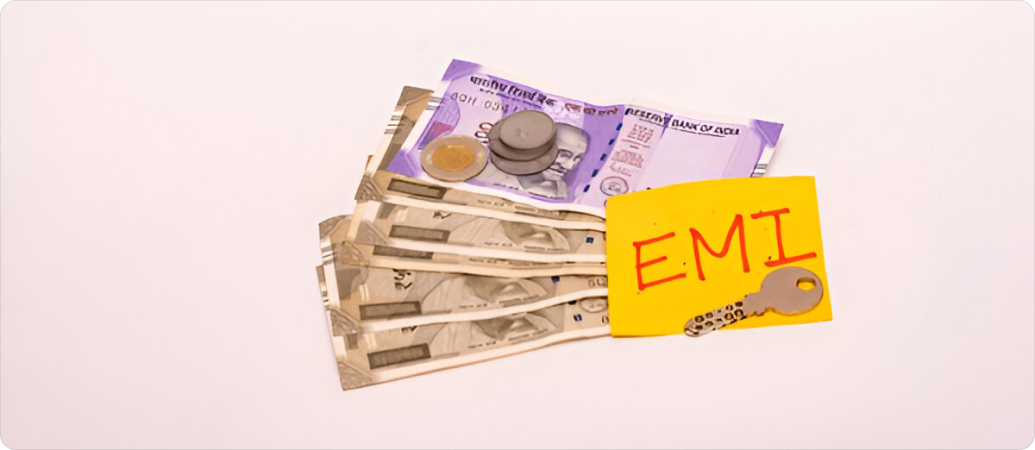Things to Do After Debt Consolidation with a Personal Loan
Every month, you’re juggling multiple bills, each with different due dates and interest rates. One payment goes out for your credit card, another for a store card or maybe even a car loan. It feels like a constant chase, with one due date barely passing before the next one is right there. You’ve heard that a personal loan could simplify things, combining everything into one payment. So, you apply and get the approval you need and now it’s finally in your hands. The question is—what’s next? Let’s walk through how to use a personal loan for debt consolidation and make the most out of it.
1. Keep your spending in check
Once your loan is approved, maintaining control over your spending is crucial. It’s tempting to feel a sense of relief, but avoiding unnecessary purchases will keep you from building up more debt. Limit spending to essentials and focus on reducing expenses. This discipline helps you stay on track and ensures that your debt consolidation efforts truly bring you closer to financial stability.
2. Revise your budget
With your new loan in place, it’s essential to revisit and update your budget. Factor in the consolidated loan payment, new monthly obligations and adjusted financial goals. Track your income, expenses and saving goals, ensuring your budget aligns with your current needs. This practice helps prevent overspending and keeps you focused on repaying your debt efficiently, helping you make the most of your loan for long-term financial health.
3. Use auto-debit payment feature
Setting up auto-debit for your loan payments is a smart way to ensure timely payments. This feature automatically deducts the monthly amount from your account, helping you avoid late fees and penalties. With auto-debit, you won’t have to worry about missing a payment, which can also improve your credit score over time. It’s a simple, hassle-free method to keep your repayments consistent and stay on top of your debt consolidation plan.
4. Do not forget to account for emergency funds
Even while repaying your loan, remember to set aside funds for emergencies. Life is unpredictable and having a financial cushion can save you from going into more debt when unexpected expenses arise. A small portion of your income should go toward building or maintaining an emergency fund. This way, if any sudden need comes up, you’ll have the resources to manage it without straining your budget or delaying your loan payments.
5. Restrict from availing more credit
Avoid taking on additional credit while managing your consolidated debt. Adding new debts can undo your progress and make it harder to keep up with payments. Resisting the temptation to use credit cards or apply for new loans helps you stay focused on clearing existing obligations. Staying debt-free after consolidation is essential for achieving true financial freedom, so focus on using the funds you have wisely and avoid unnecessary credit.
Advantages of availing personal loan for debt consolidation
In this way, you will be able to reap the benefits of debt consolidation, which are as follows:
• Simplified payments
Debt consolidation combines multiple debts into a single monthly payment, making it easier to manage. This approach reduces the chances of missed payments and helps you keep better track of your finances.
• Lower interest rate
Consolidating your debts may allow you to secure a lower interest rate than what you were paying on individual loans. Over time, this can save you money and help you pay off your debt faster.
• Improved cash flow
A consolidated loan often means a lower monthly payment, freeing up cash for other expenses. This extra room in your budget can ease financial stress and help you manage other essential costs.
• Better credit score
Making consistent payments on a consolidated loan can gradually boost your credit score. As you pay down debt, your credit utilisation ratio improves, positively impacting your credit profile.
• Less stress
Handling multiple debts can be overwhelming, but consolidating them into one loan simplifies your financial obligations. This clarity can relieve stress and help you feel more in control of your finances.
Conclusion
Set aside time every few months to review your repayment progress. Tracking how much of your loan principal you’ve paid off and how close you are to your debt-free goal can keep you motivated and alert you to any adjustments needed in your financial plan. This regular check-in helps ensure that you’re on the right path and encourages you to stay disciplined with your budget and payments.



